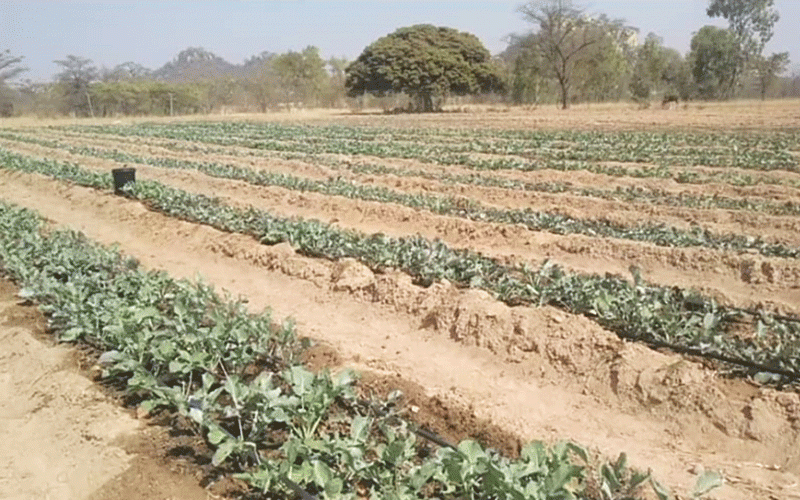
ZIMBABWE has been urged to mitigate against effects of climate change exacerbated by pollution and deforestation amid reports that 300 000 hectares of forests was being destroyed annually.
VENERANDA LANGA SENIOR PARLIAMENTARY REPORTER
Environment, Water and Climate ministry acting Climate Change deputy director Veronica Ngundu told participants at a Redd+ workshop for Transparency International Zimbabwe in Harare yesterday that deforestation was most prevalent in the countryside.
“The global climate has been affected by air pollution, especially from carbon dioxide released over decades of industrial pollution in countries far from us, and the removal of vegetation cover reduces the ability of the world’s ecosystems to safely absorb the carbon and other pollutants from the atmosphere. The less vegetation there is, the more the climate will change because of the air pollution problems on a global scale,” Ngundu said.
She called for transparency and accountability in the use of Redd+funds meant to help conserve the environment, adding that uncontrolled bush fires released vast quantities of carbon into the atmosphere resulting in the air becoming hazy in summer.
Transparency International Zimbabwe programmes officer Frank Mpahlo said research by his organisation had showed potential corruption in administration of Redd+ project where there were poor accounting systems for funds released to local authorities.
“It is important to safeguard Redd+ projects for current and future generations. There is also need for education awareness of communities to understand the Redd+ programme,” Mpahlo said.
Climate change expert Abbie Jiri said Zimbabwe was currently experiencing effects of climate change witnessed by increasing temperatures, flooding and unpredictability in seasons.
- Chamisa under fire over US$120K donation
- Mavhunga puts DeMbare into Chibuku quarterfinals
- Pension funds bet on Cabora Bassa oilfields
- Councils defy govt fire tender directive
Keep Reading
“Forests can now help in mitigating the impacts of climate change because they can absorb carbon dioxide. We also need to promote solar and hydro energy as well as fuels that do not emit carbon dioxide into the atmosphere,” Jiri said.
Carbon Green chief executive officer Charles Ndondo said the Redd+project will help reduce emissions, adding $1 million had been poured into the Redd+ project in four districts –Mbire, Binga, Nyaminyami and Hurungwe.











